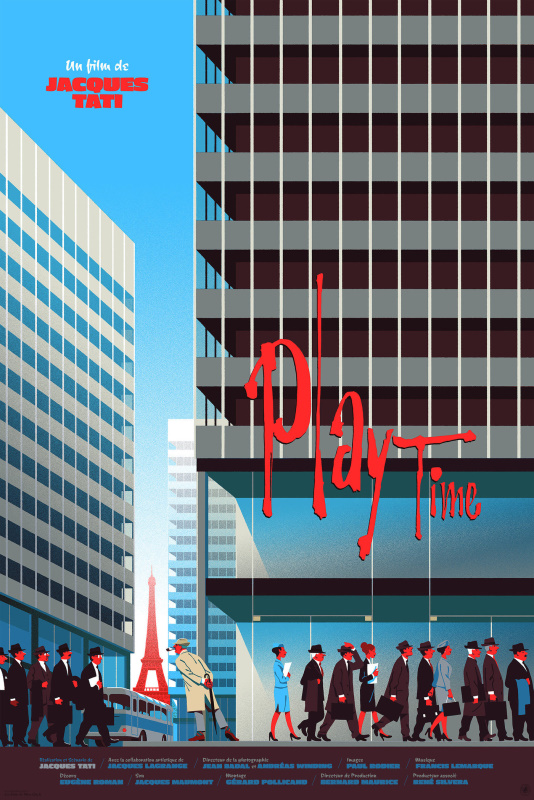The Japanese term “‘komorebi” roughly translates to sunlight through leaves. That interplay between light, and shadows constantly changing, with every moment existing just for that very moment. Perfect Days captures the notion of komorebi beautifully.
You wouldn’t be wrong to think of the first half as a sort of documentary of a middle-aged man who cleans public restrooms for a living. There is very little dialogue to start the film, especially from our main character, Hirayama, who barely utters a word in this first half. We see him go through his daily routine of waking up, driving to work, eating, reading, falling asleep, and doing it over again the next day. That may seem monotonous, and repetitive, but there’s a certain rhythm to it all that I found quite relaxing. It’s also the little moments throughout that routine that I loved the most. Like when he first steps out of his door in the early morning, and looks up to the sky with a smile on his face, or when he takes out his antiquated film camera and snaps a picture of a tree, and then bows in appreciation for the opportunity. Finding beauty in everyday moments is really at the heart of this film.
Hirayama is an interesting character. We can only glean certain aspects of his backstory from some brief interactions later in the film, but for the most part we are left in the dark about how welhe came to live this particular lifestyle. He comes off as a man that lives alone, but is never truly lonely. He’s also uncomplicated by modern contrivances, and technology, still relying on analog, like his film camera, and cassette tapes. Speaking of cassettes, music also played a notable role in the film as well. Hirayama listens to music on his daily commutes, and he has great taste, with tracks spanning various genres, and decades. It’s honestly one of the better soundtracks I’ve heard in some time.
The second half of the film has more scenes with a traditional narrative. Hirayama, who was so reserved earlier on, is much livelier here. I really couldn’t tell whether there was something wrong with him earlier on that prevented him from speaking, so It was nice to see this side of him. I won’t go into further details other than to say, I was left feeling pretty great by the end.
There was one aspect that I have mixed feelings about. Every night when he goes to sleep, we are shown these black and white surreal-dream sequences. They’re a bit strange, and I’m not really sure they benefited the film. Other than that, I enjoyed the experience. it’s a minimalistic, light on plot, kind of movie, but that’s exactly what I was hoping for. I was also surprised by how absorbing it was to just watch a guy clean a bathroom. I mean, not edge-of-your-(porcelain)-seat material, but never dull either.




Leave a Reply